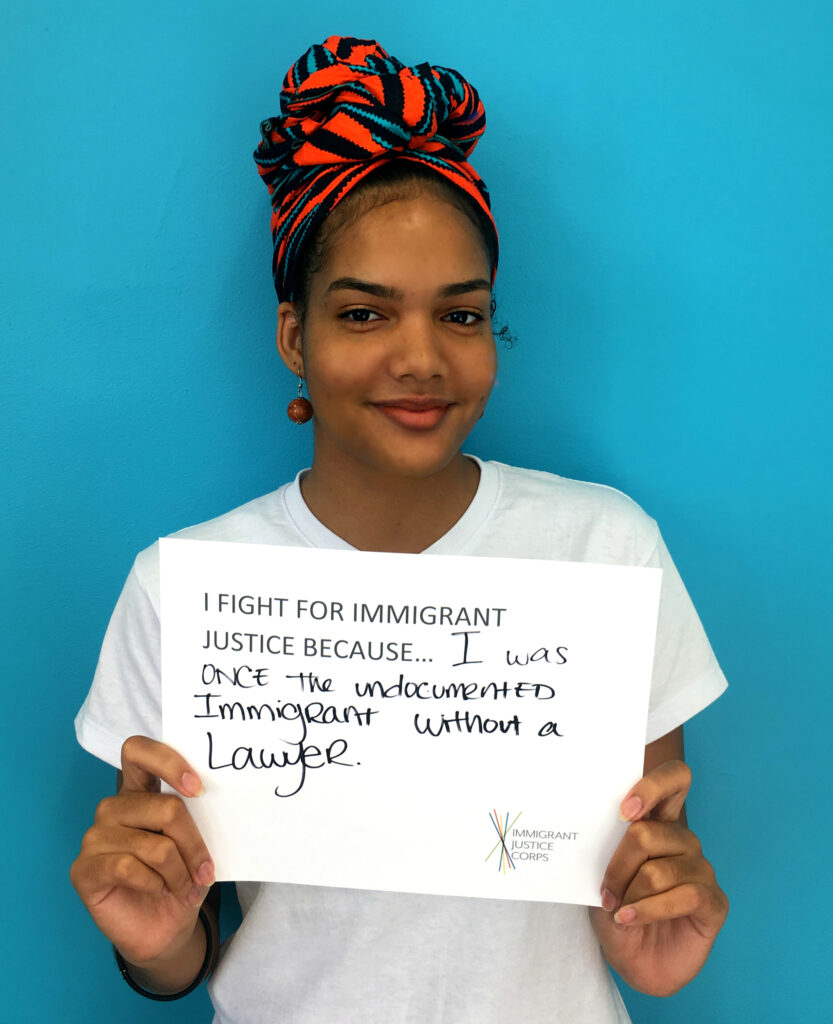Where are they now?: Aseem Mehta
In the “Where are they now” series, we introduce you to former IJC Fellows and share their stories — how they became a Fellow and how their Fellowship experience informs their work today.
Aseem Mehta, a 2014 Community Fellow, discusses his takeaways from the Fellowship. Aseem is currently the Liman-Meselson Legal Fellow at Asian Americans Advancing Justice – Asian Law Caucus in San Francisco, where he collaborates with immigrants in detention to challenge their confinement and provide litigation support to their organizing efforts to end incarceration in all forms.
The fellowship honors the late Amy Meselson, IJC’s former Managing Attorney. “I seek to channel Amy’s commitment to working in partnership with affected community members in my work each day,” Aseem said.
What brought you to IJC?
I was drawn to the opportunity to meaningfully engage with immigrant communities organizing to defend themselves and advance their visions for a more inclusive and caring society. I was searching for a political education grounded in the insights of immigrants who had long navigated the threats and realities of legal, economic, and social exclusion, and, still, maintained a sharp analysis of a path forward.
What was most fulfilling about your Fellowship experience?
I spent several months of my fellowship providing onsite legal services to detained immigrant families at the South Texas Family Residential Center in Dilley, Texas and collaborating in advocacy efforts, in and outside of detention, to close the facility and end the practice of “family detention.” I was inspired by the relentless persistence of my clients, nearly all of whom had just endured arduous journeys across many borders, to take on the U.S. government and to contest the harm that the state attempted to inflict upon them.
How did your Fellowship experience inform the work you do today?
My fellowship experiences working with people in detention and empowered immigrant communities inform my deepest, core commitments to my work today. First, that there can be no justice until every last person is free from the confines of a cage, and incarceration, detention, and every other form of confinement is permanently ended. Second, that the true path to collective liberation will be forged by those who are directly affected by marginalization. My contributions will be most effective when they are made in service of their leadership and vision. And third, despite so much darkness, violence and oppression, it is essential to always be imagining, articulating, and enacting another way forward.
What advice or encouragement would you give to college students interested in the Community Fellowship program?
It is a unique privilege and deeply meaningful responsibility to gain the training to become a BIA Accredited Representative and to represent people in your community in their immigration proceedings. The Community Fellowship enables you to be of service to and to work in collaboration with people encountering a legal system with immense power to affect their livelihoods and futures. It is an immense opportunity to be able to step up and play such a role in a community, straight out of college.
